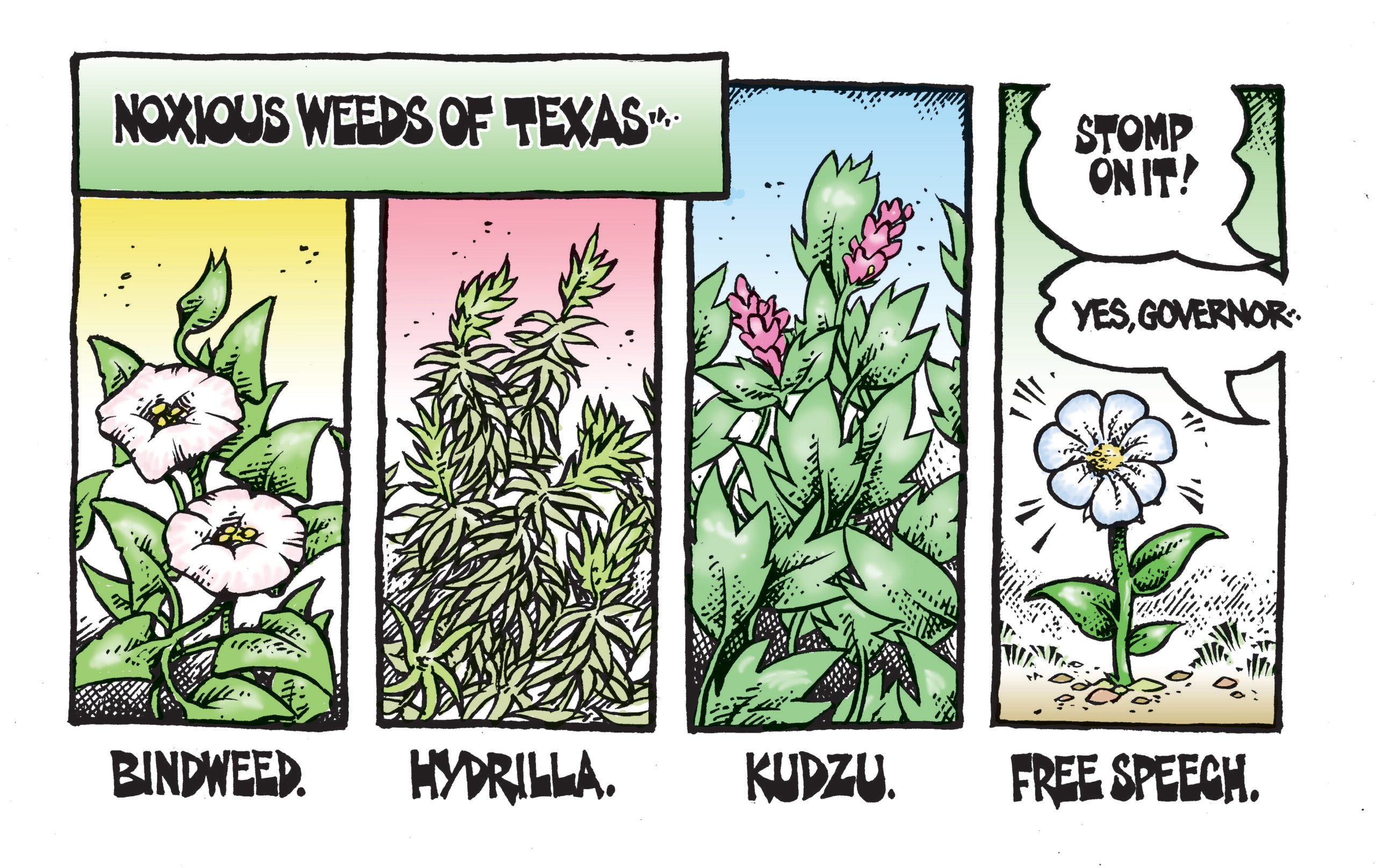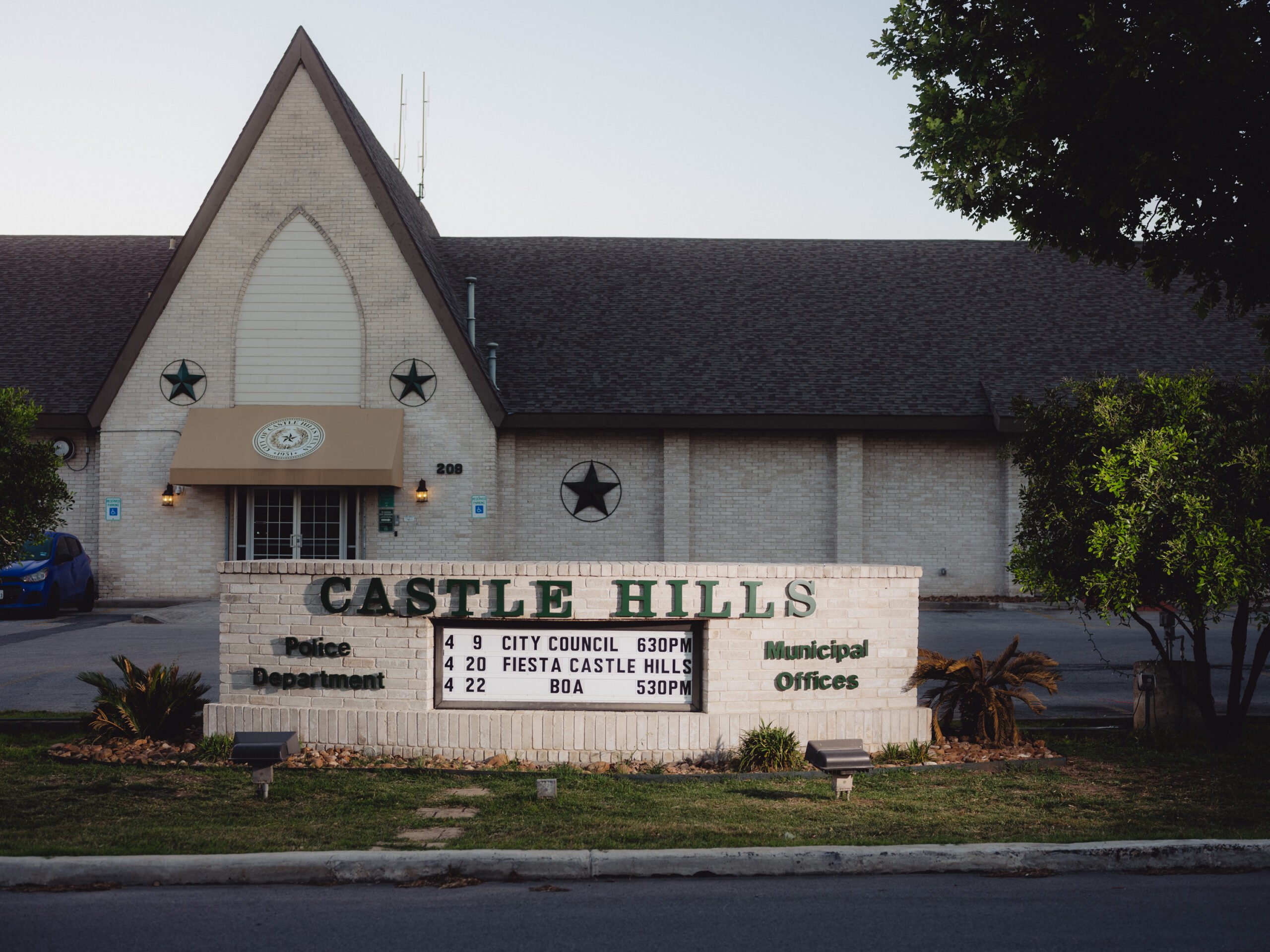ustxtxb_obs_1963_09_20_50_00005-00000_000.pdf
Page 2
The Democrats: Tacking and Sounding in a Storm Austin and Houston The unlikely is becoming the actual, the odd is coming to pass, in Texas Democratic politics. What began as a slogan, “a twoparty state,” have become the ruling Democratic conservatives’ recurrent nightmare. The governor is startled, and perhaps alarmed. His liberal challenger has now gone further “out” on race than any other leading Southern politician. The signs of uncertainty, unrest, uneasy political guesswork, are evident throughout the state. One says yes and two say no; two say no and three say yes. Everybody senses that they’re watching a new bird hatch, but whether the old bird can kill it or will die first itself is anybody’s bet and nobody’s secret. Out of the turmoil of “developments,” two clutches of fact incontestably demonstrate the nature of what is happening. Don Yarborough, who came within 26,000 votes of defeating John Connally last year, has heartily endorsed President Kennedy’s public accommodations bill. And Governor Connally, who has opposed the public accommodations bill, personally attacked Albert Pena, the state chairman of PASO and one of the Democratic Coalition’s four co-chairmen, as “Boss Pena” at the nonpartisan forum of state leaders to plan the drive for the abolition of the Texas poll tax last week. These two events and several others have all but cut off any prospect that the Democratic Coalition might come to terms with a second term for Connally and turned the question publicly into what it has actually been, underneath, all along: Can Don Yarborough make John Connally a one-term governor because of the continuing conservative Democratic defections to the Texas Republicans? The Dilemma in Theory–and in Tyler The conservative dilemma and the partymobility solution to it are set out by Texas Manufacturers’ Assn. vice president Ed Burris in the current TMA magazine. “M an a gem en t,” he argued, should “choose carefully the vehicle through which to work” in the 1964 elections in Texas. National Democrats “have been the strongest advocates of centralism,” but Texas Democrats have opposed this; “No state has continuously had or has today a more conservative state government” than Texas, he said, “simply because party issues have not existed as such in Texas. . . . “Parties, as such, are but the means to an end. . . . Business leaders in state political matters should form a pattern of operation that will assure continuation . . . of the ‘favorable business climate’ that exists in our state. To do this, compromise appears advisable at this time. ” ‘Liberalism’ as used in state politics in Texas should be fought and stymied at every opportunity. The first opportunity will be the party primary May 2, 1964. If conservatives can be nominated in both parties at that time, then a continuation of conservative government is assured. Most all Texas Republicans are conservatives. . . . Not so with the Democrats. . . . ti . . and many Texas voters, though basically conservative, seemingly have stronger ties to the political party of their father than they do to the conservative principles. . . . Would it not be good insurance to elect conservative Democratic nominees next. May? Is it not conservatism that we really want?” Burris was arguing in effect that the smart thing to do is to vote Democratic in May and Republican, as to the presidency, in Novemberthe same pattern by which conservatives have held control of the state through the Democratic Party for many years. The fact that he was driven to be so candid is a clue to the seriousness of the defections to the GOP. The other viewthe Republican contempt for conservatives of this kind was well represented by former GOP national committeeman H. Jack Porter, in an interview with the Houston Chronicle. Gov . Connally will be “the last fence-riding Democrat candidate for governor,” Porter said. The presidential preferential the GOP is planning can be expected, Porter said, to sharpen philosophical divisions between the parties in Texas, and when that happens, “every conservative Democrat will be in trouble, because the liberals will be able to control the Democratic primary.” A GOOD EXAMPLE of the dilemma in fact is Tyler, the home of the Speaker of the House who held the line for Texas conservatism last session, Byron Tunnell. Tunriell’s good friend, and his chairman of the House banks and banking committee and vice-chairman of the oil and gas committee, Rep. Ben Jarvis of Tyler, resigned the Democratic Party, he announced, so he can oppose President Kennedy’s re-election. Jarvis said at once that he favors Goldwater for presidenta somewhat uncanny statement from a man so recently a Democrat, but, then, candor is breaking out all over. \(In his newsletter published in the Robert Lee Observer, Cong. 0. C. Fisher, Democrat, reporting on the results of his poll previouslyrecorded in the Observer, stated: “This [poll] reflects, accurately, a cross section of public opinion in our area. . . . Senator Barry Goldwater is the overwhelming favorite for Ex-Democrat Jarvis is being badgered to quit as a representative, being as Democrats nominated him for the office he has held three terms. \(He says he won’t seek cratic chairman in Smith County, said no one ever thought Jarvis supported Kennedy, anyway. Tunnell himselfJoe, that is,is reported thinking about opposing Sen. Galloway Calhoun, Tyler, who remarked at a fairly large meeting not long ago that he is going to have to decide whether to stay a Democrat or become a Republican. \(So a person present has adthat other Democratic legislators in the region are preparing to switch parties. In a wire to Jarvis, Rep. Lindsey Rodriguez, Hidalgo, applauded his action and hoped Rep. Tunnell, “whose voting record and political views parallel your own,” would follow his example; but Tunnell is not one of those reported considering a switch, which might jeopardize his speakership, if he was inclined to do it. Tunnell instead has written his colleagues that he will not run against Ralph Yarborough and will run for re-election to the House, and has gone to mending his fences in Tyler. He can now expect earnest opposition for renomination, possibly from attorney Merrill Frazer, Jr. If it was a secret that the Democratic Coalition is after the Speaker, it isn’t now: at the labor convention recently, PASO chairman Pena said, “We are going to have to dig a tunneland the deeper the betterunder Byron Tunnell. He represents the last vestige of the Shivercrat mentality in Texas.” Jarvis’ statement gave a hint about a personal cause of the conservatives’ dilemma: embarassment about criticisms of hypocrisy leveled against those who call themselves Democrats and vote against the Democrat for president. “I do not believe I should oppose President Kennedy as an unhappy Democrat, but openly as a Republican,” Jarvis said. “I . . . think that the ethical way for me to oppose him would be as a member of the Republican Party.” THERE IS ANOTHER, quite practical factor at work, the rising political strength of the Republicans that menaces many conservative Democrats politically. Republicans are now dominant in the Tyler area, around Midland-Odessa, and in Dallas . County. They cannot be expected to cease and desist on request. September 20, 1963


